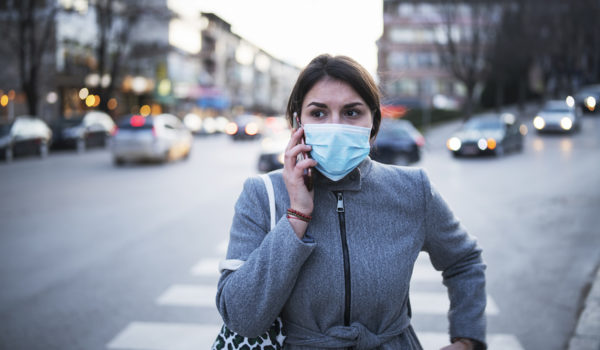All Employers Now Required to Make Work-Relatedness Assessments
Beginning May 26, 2020, the Occupational Safety and Health Administration (OSHA) will be requiring all employers that must maintain injury and illness records to assess whether an employee’s positive COVID-19 diagnosis is work-related and therefore a recordable illness. As we previously reported, OSHA has taken the position that COVID-19 is a respiratory illness and therefore recordable if all criteria for recordability are satisfied. OSHA previously stated that it would not be requiring most employers to perform the difficult work-relatedness assessment during the pandemic. Under this new guidance, that will change.
This does not mean that employers must record every COVID-19 diagnosis onto their OSHA logs. What it does mean is that OSHA expects all employers to evaluate and record each COVID-19 diagnosis if (1) it is a confirmed case of COVID-19, as defined by the Centers for Disease and Prevention (CDC), (2) it is work-related as defined by OSHA regulations, and (3) it involves one or more of the general recording criteria set forth in OSHA standards (e.g., days away from work, restricted duty, medical treatment beyond first aid, etc.). Acknowledging the difficulty of a work-relatedness assessment, especially when an employee has potentially been exposed both in and out of the workplace, OSHA announced that an employer’s good faith effort in conducting a reasonable investigation into work-relatedness will suffice.
Employers undertaking such an investigation should ask employees who test positive for COVID-19 how they believe they contracted the illness and discuss with such employees their work and out-of-work activities that may have led to the positive diagnosis (while respecting employee privacy). Employers should also review the work environment for potential exposure.
OSHA believes that certain factors, such as close physical proximity with workers who have tested positive for COVID-19, job duties involving frequent or prolonged exposure to the general public in a community with ongoing COVID-19 transmission, and a diagnosis coming shortly after lengthy, close exposure to a customer or coworker who has tested positive, weigh in favor of a work-relatedness finding if there is “no alternative explanation.”
Employers should consider recordkeeping decisions related to COVID-19 cases carefully, as recorded cases may impact other claims and proceedings. For example, the decision to record a COVID-19 case on an OSHA 300 log could be construed as an admission by the employer that the employee contracted the illness work in a workers’ compensation proceeding or in other types of litigation.
In its enforcement guidance, OSHA instructs that if, after a reasonable and good faith inquiry, the employer is unable to determine whether exposure in the workplace played a causal role in the employee contracting COVID-19, the employer is not required to record the illness on its OSHA logs. It is therefore important that employers document the information relied upon in making their work-relatedness determinations.
Enforcement Policy Update
On the same day that OSHA announced that it would begin requiring all employees to perform a work-relatedness assessment for employees diagnosed with COVID-19, it also announced that it would be resuming certain in-person inspections. In geographic areas where the spread of COVID-19 has significantly decreased, OSHA will resume in-person inspections when safe to do so and will continue to prioritize COVID-19 cases. In areas with continued high community spread, OSHA will continue to initiate inspections remotely whenever possible.
For more information, please contact Jay Schoeny, Kyle D. Johnson, Souhila EL Moussaoui, Steve Tolbert, or any attorney in Frost Brown Todd’s Labor and Employment Group.

